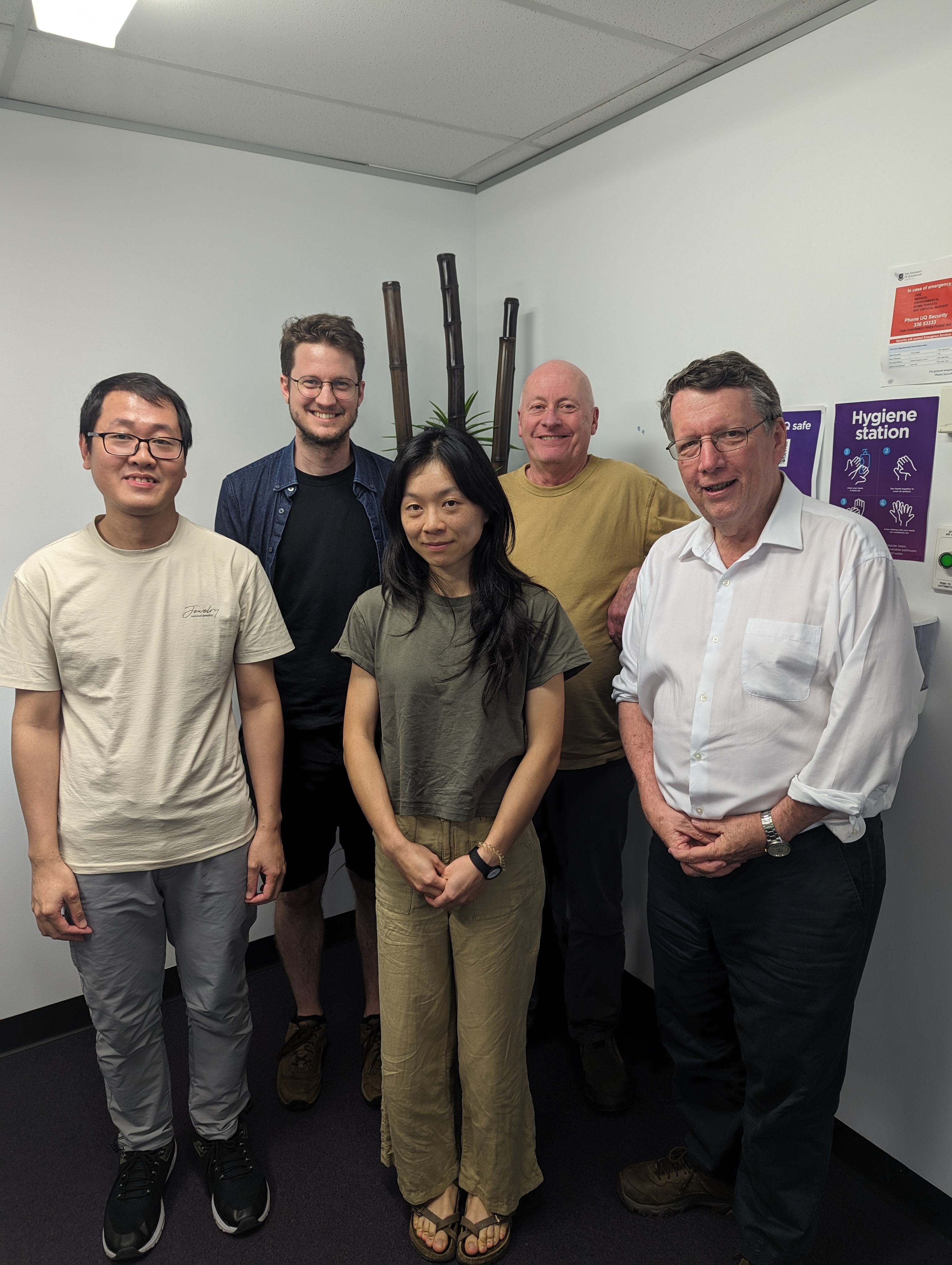As detailed in an earlier post, we ran a Graduate Digital Research Fellowship (GDRF) program in 2023 under the auspices of the Australian Text Analytics Program (ATAP). The program ran again in 2024, under the Language Data Commons of Australia banner with three students participating and with Sam Hames and Simon Musgrave co-ordinating the activity.
The program supports research students to explore the possibilities of digital scholarship, particularly in HASS. Our Fellows are students undertaking extended research projects who spent 12–15 weeks learning about digital and computational skills in order to enhance their current research/thesis topic or to work on an independent digital project. They explored digital research methods in areas including:
- computational analysis of text
- analysis of digital images
- automatic speech recognition (and automatic non-speech recognition).
The Fellows met regularly in activities to develop a sound understanding of digital research methods and tools, including seminars and training workshops. They also had access to mentors who advised and collaborated on their digital projects.
The three Fellows who participated in the 2024 program and their projects were:
David Gilchrist (UQ, Journalism):
David’s research looks at how journalists connect with their audiences, particularly in local and hyper-local contexts. In the Fellowship program, David focused on two areas:
- how to collect and curate material published online
- whether there was a place for sentiment analysis in his methodology.
More abstractly, the questions which David was addressing were about how to integrate computational methods into a qualitative enquiry, and (not surprisingly!) we had some fascinating discussions with David about possible answers to such questions.
The opportunity to work with scholars from different disciplines was highly rewarding. It provided a variety of interesting and thought provoking insights and questions that ultimately enhanced my own work. What’s more, the experience of working with a small team of dedicated scholars and mentors established a high quality academic environment and built long-lasting friendships that made this a truly inspiring and rewarding fellowship. Our mentors are exceptional in their academic and leadership abilities that build a team that will find longevity well beyond this initial experience. I highly recommend this program.
Lu Jin (UQ, Architecture, Design and Planning):
Lu is researching productive urban food landscapes as a spatial design issue. A preliminary step in her work is to be able to assess the amount and diversity of vegetation in the city and her work as a Fellow explored possible methods of analysing digital images which could make this task easy and quick. She used images and videos captured on a phone and then experimented with different image analysis algorithms to see which ones best identified greenery and its boundaries. The experiments showed that relatively simple approaches worked quite well, but further work is needed to decide whether the results will be useful for large scale surveys of urban environments. In Lu’s own words:
Working closely with scholars from various disciplines allowed me to gain insights into research tools that are perhaps more common to other fields. Given my background in architecture, I’ve always been daunted by the idea of coding and programming. But in this day and age, knowing how to manipulate digital data is such a powerful skill to harness. This research fellowship program has kickstarted my learning journey into applying and adapting digital research methods for urban design and analysis.
Quy Pham (UQ, Applied Linguistics):
Quy is studying errors in the spoken language produced by students learning English as a foreign language. He is using a large spoken corpus of material produced by learners of English in 10 countries and areas in Asia, ICNALE: The International Corpus Network of Asian Learners of English. One phenomenon which might relate to errors is pausing, and Quy was therefore interested to explore the possibilities of automatically identifying various characteristics of silent and filled pauses in recordings of speech, including their duration and placement within sentences. Building from this, he also looked at whether it was possible to automatically tag the start and end points of specific tasks within a controlled interaction (spoiler alert: not really).
The GDRF program provided me with a unique opportunity to sharpen my coding and critical thinking skills. I gained valuable experience in applying a range of Python packages and large language models to analyse pausing behaviors in a large spoken learner corpus, while being aware of their critical limitations. On a personal level, I also had a chance to meet with an amazing group of bright and talented researchers from diverse fields. We engaged in insightful discussions on various topics such as citation practices, research ethics and project management. I highly recommend this program to anyone considering it.

Image Source: Simon Musgrave
A GDRF program will be offered again in 2025 by the Language Data Commons of Australia. If you think the program could benefit you and would like further information, you can contact Sam Hames or Simon Musgrave.
